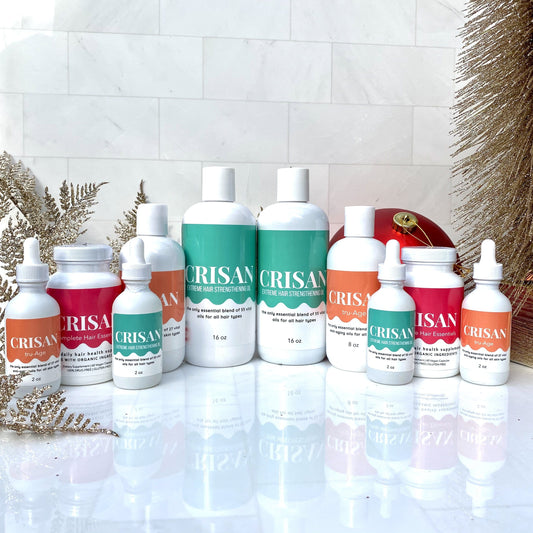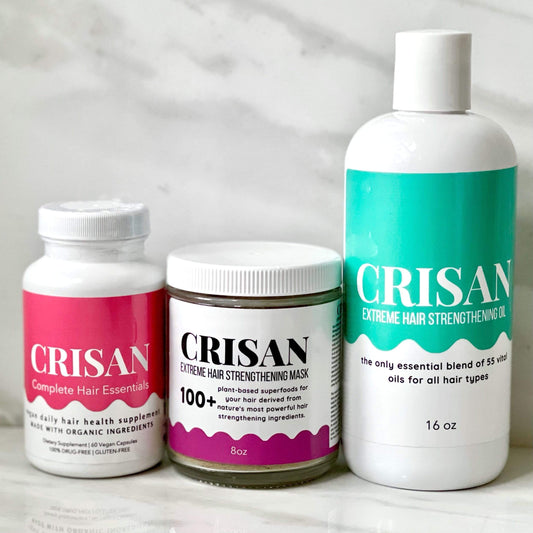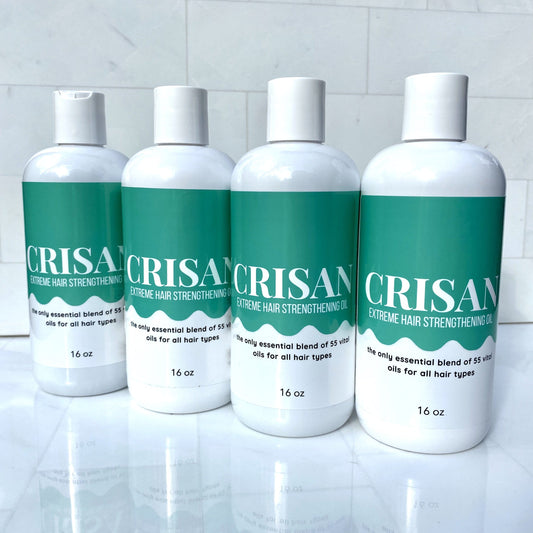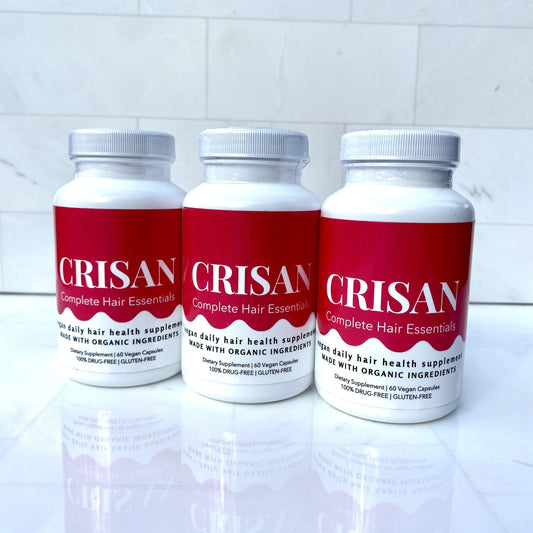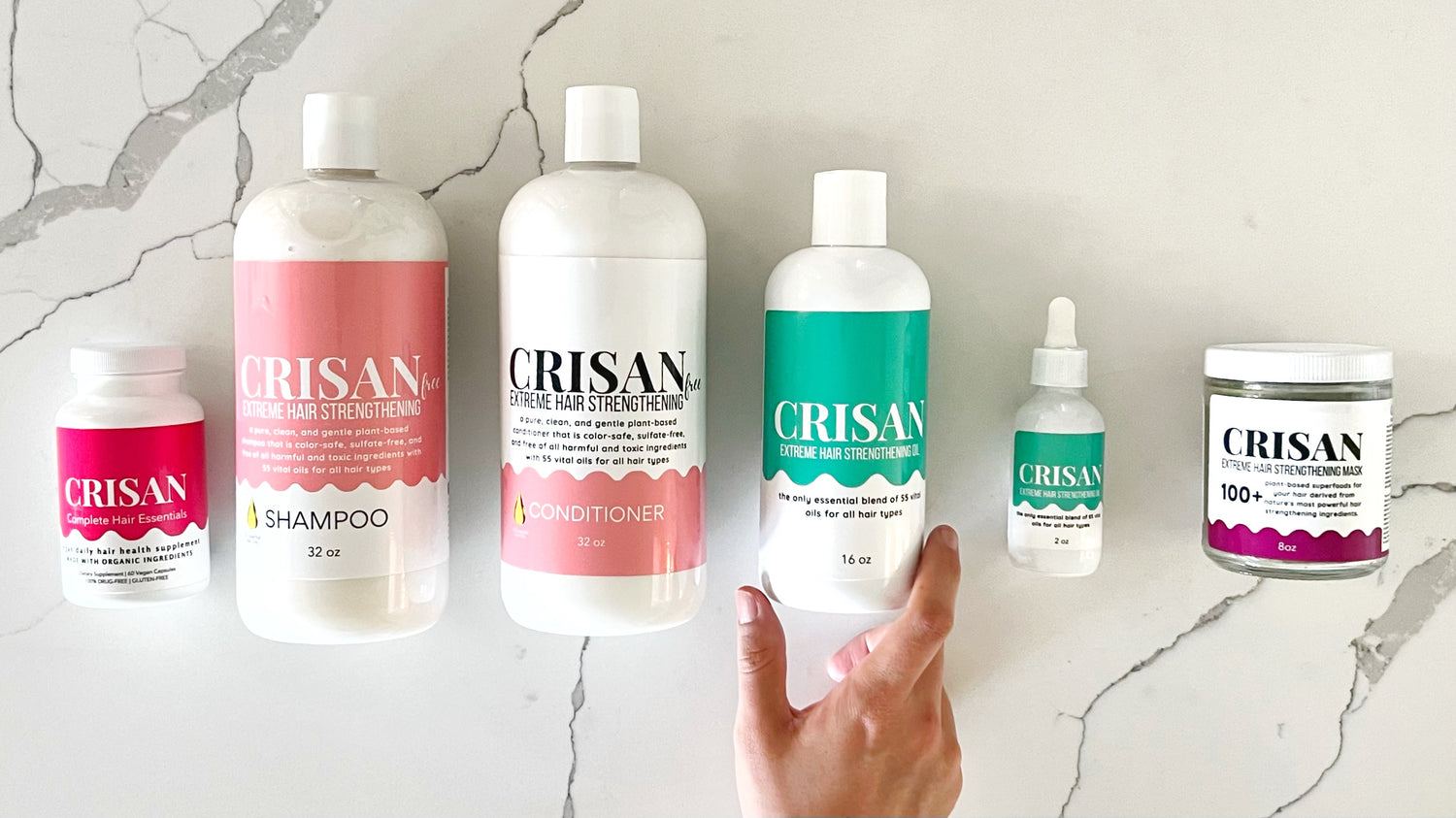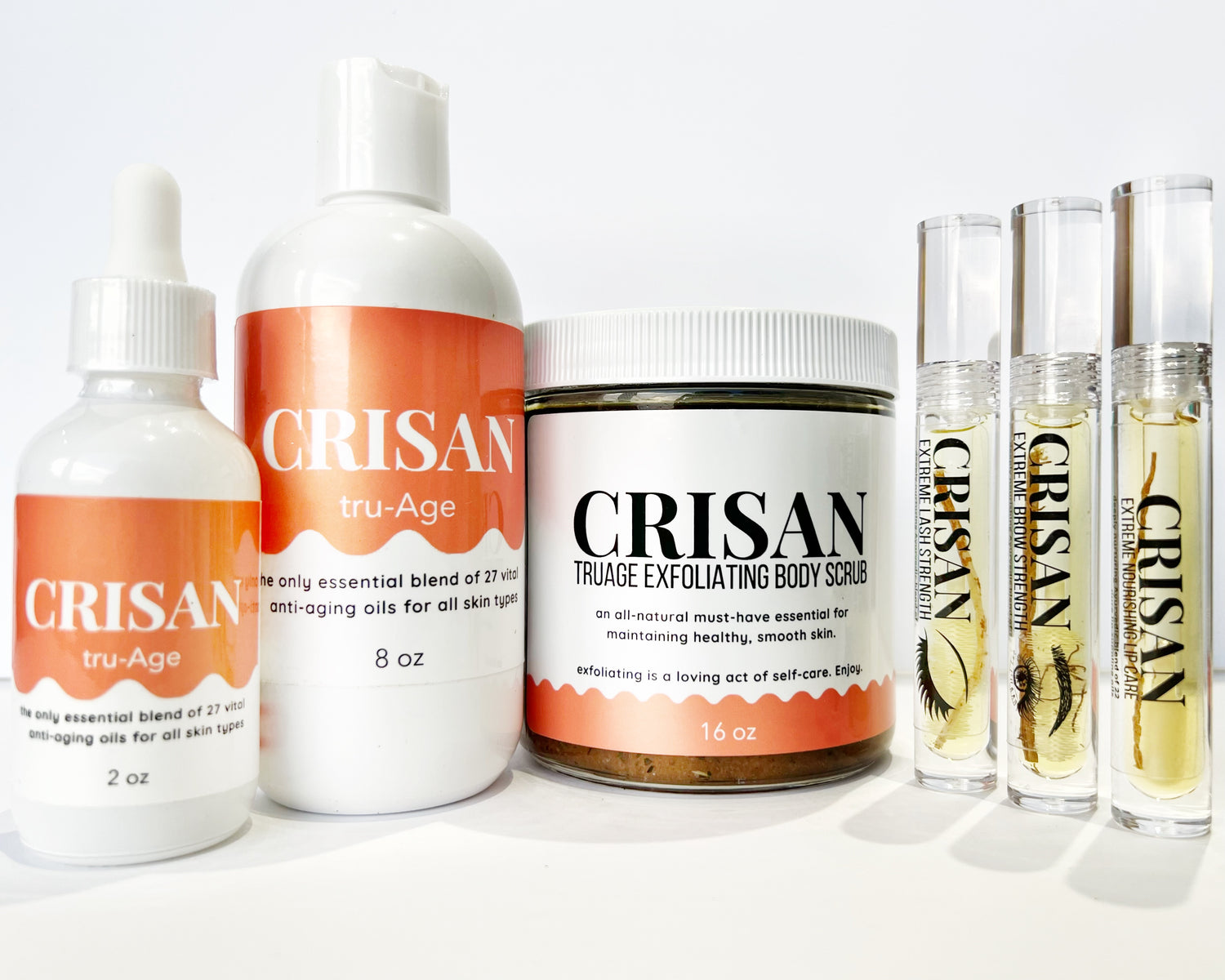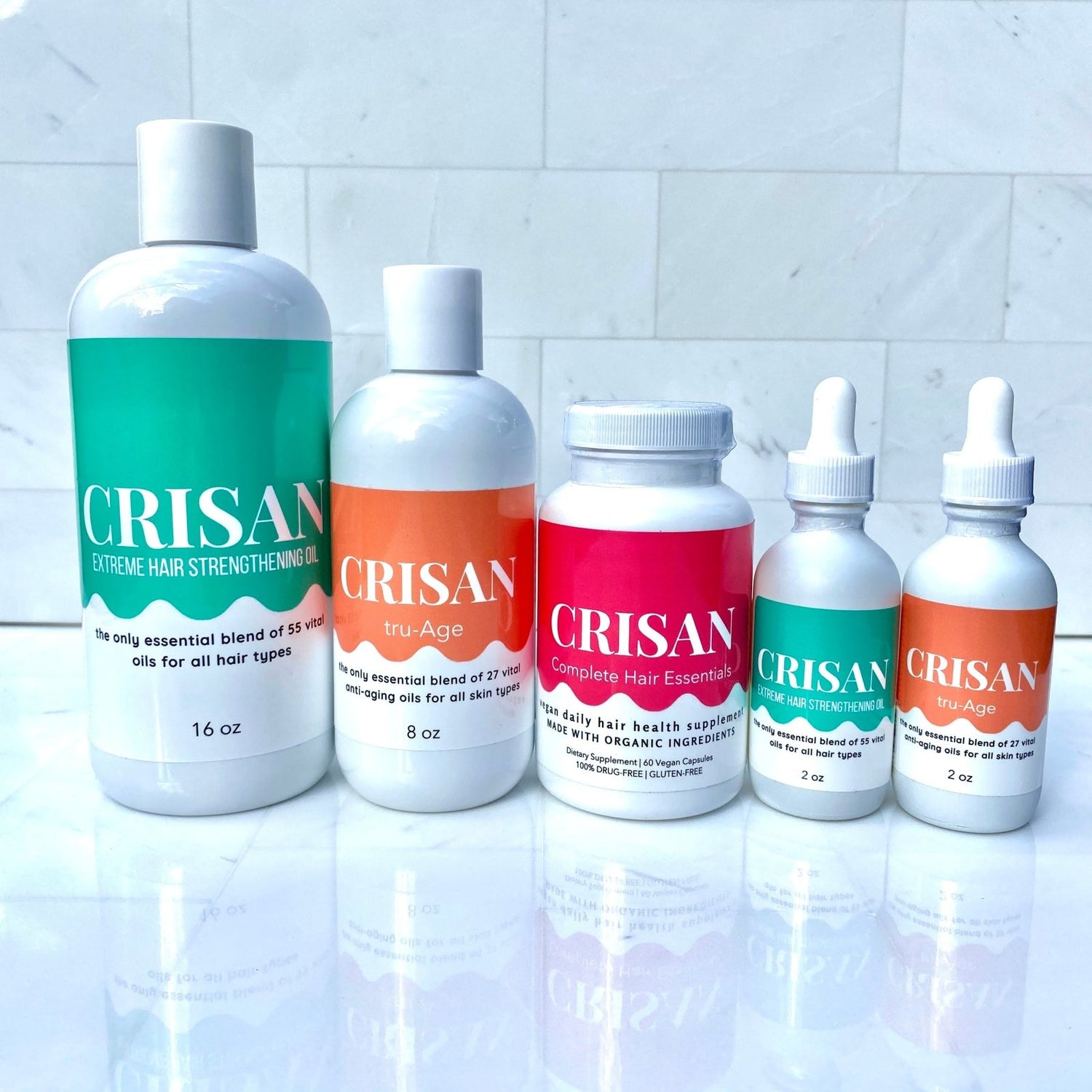In the quest for luscious locks, many people are turning to organic remedies to promote hair regrowth. As we step into 2024, a variety of natural treatments are gaining popularity due to their potential benefits and minimal side effects. From topical applications to dietary changes, these remedies offer a holistic approach to hair health. Below, we explore the top organic remedies for hair regrowth that you can consider incorporating into your routine.
Key Takeaways
- Caffeine and melatonin are among the most effective natural remedies for hair regrowth, supported by scientific evidence.
- Scalp massages can improve blood circulation, thereby promoting hair growth.
- Essential oils like rosemary, peppermint, and lavender are popular for their potential to stimulate hair follicles.
- Jojoba, castor, and coconut oils are nourishing options that can improve scalp health and strengthen hair.
- Rice water and aloe vera are traditional remedies that have been used for centuries to enhance hair growth.
1. Caffeine
Caffeine isn’t just good in your morning cup of coffee. Studies have shown that topical caffeine has benefits for skin and hair health. In fact, out of all the natural hair-growth remedies, caffeine may be the most promising.
How It Works
Applied to the scalp, caffeine seems to have a stimulating effect on hair follicles. This increases hair growth and strengthens hair. Some studies have found that caffeine shampoo may also slow hair loss. And some evidence shows that the combination of caffeine and minoxidil (Rogaine) — a medication applied to the scalp for hair loss — worked better than minoxidil alone. But more research is needed to make solid conclusions about caffeine as a natural hair-growth remedy.
Application Tips
You can safely apply caffeine-containing products to the scalp. But don’t attempt to dramatically increase your coffee consumption. This won’t have any effect on your hair, and having too much caffeine can be dangerous to your health.
Products to Try
Caffeine may be incorporated into some shampoos and serums, and has been linked to the promotion of hair growth when left on the scalp for an extended period of time. Collagen and peptides are other popular ingredients in shampoos or oral products. Though not a proven treatment, they are thought to promote skin, hair, and follicle health.
2. Melatonin
You may be familiar with melatonin as a sleep-aid supplement. But it’s also an antioxidant that can improve skin health, and it may be a good natural hair-growth treatment.
Evidence
Some evidence suggests that melatonin applied to the scalp may slow hair loss and increase hair density in people with a type of hair loss called androgenetic alopecia. But these studies were small, so more research is needed to see how effective melatonin really is.
Worth a Try?
Possibly. When applied to the skin, melatonin is absorbed into the bloodstream. There are no severe health risks to using melatonin in this way, but it may affect your sleep-wake cycles.
Melatonin promotes hair regeneration by modulating the wnt/β-catenin signalling pathway.
3. Scalp Massage
Scalp massage is an appealing hair-growth treatment. It doesn’t involve pills or injections, and it feels good. In fact, it lowers stress hormones, like cortisol. Scalp massages may also promote hair growth by increasing blood flow to the scalp and stimulating hair follicles.
A 2019 study showed that scalp massaging improved hair growth, blood flow, and scalp health in people. Massaging your scalp can also help relieve stress and tension, two emotions that may cause hair loss.
To massage your scalp, use your fingertips, not your fingernails. Move your way across your scalp in small circles, applying light to medium pressure. There’s no specific amount of time to massage. However, in the study above, each scalp massage was given daily for 4 minutes over 24 weeks.
A small Japanese study found that men who massaged their scalps for 4 minutes per day with a scalp massage device had thicker hair after 6 months. People can use the pads of their fingertips to massage the scalp in gentle circles. Devices to massage the scalp are also available in drug stores and online.
In one study, participants noted an increase in hair thickness after 24 weeks of using scalp massage for four minutes daily. Researchers say the stretching of the skin involved in scalp massage changes gene expression and transmits mechanical stress to cells, increasing hair thickness.
How to improve scalp health with organic solutions for thinning hair
Benefits of Scalp Massage
- Promotes hair growth by increasing blood flow to the scalp
- Lowers stress hormones like cortisol
- Stimulates hair follicles
- Relieves stress and tension
How to Perform a Scalp Massage
- Use your fingertips, not your fingernails.
- Move across your scalp in small circles.
- Apply light to medium pressure.
- Aim for at least 4 minutes daily.
Tools for Scalp Massage
- Fingertips
- Scalp massage devices (available in drug stores and online)
4. Essential Oils
Essential oils are extracted from flowers, leaves, and stems, and are highly fragrant. They require dilution with carrier oils before topical application. When massaged onto the scalp, these oils increase blood flow and stimulate the hair follicles, which can help hair grow. Plus, they have antifungal and antimicrobial properties that can help prevent dandruff and are rich in fatty acids to promote growth.
How to use organic essential oils for hair thinning
- Dilute the essential oil with a carrier oil like jojoba or coconut oil.
- Apply the mixture to your scalp and gently massage it in.
- Leave it on for at least 30 minutes before washing it out.
- Repeat this process 2-3 times a week for best results.
Remember, some people may experience topical allergic reactions when using essential oils, so it is best to try a small test patch 24 hours before applying the mixture to the whole head.
5. Jojoba Oil
Jojoba oil lowers inflammation and helps repair the skin’s surface. It’s used as a micro-emulsion in various beauty products because it helps active ingredients get absorbed into the skin. In other words, think of jojoba oil as a vehicle that transports beneficial supplements to the hair follicle.
How to Use Jojoba Oil
Jojoba oil can be used on wet or dry hair as a leave-in conditioner for added moisture. Start by applying a few drops to the palm of your hand. (Remember, a little goes a long way.) Then lightly dab it onto the most parched areas of your hair. If you want to use it as a scalp treatment, apply a few drops to targeted areas around your head and massage the oil into the scalp. Pro tip: Opt for cold-pressed jojoba oil because it preserves the oil’s natural vitamins.
Evidence and Worth a Try?
There’s no research that proves jojoba oil alone will help hair growth. But some studies suggest it may help decrease breakage. And, thanks to its chemical composition, it’s great for combining with other nutrients to improve scalp health.
Applying jojoba oil to your scalp isn’t associated with many risks. Just be aware that like with any product, you may develop an allergic reaction or skin irritation.
6. Castor Oil
Castor oil is a vegetable oil that contains ricinoleic acid, which may help lower inflammation. It's an anti-inflammatory. Dr. Rodney says castor oil can help soothe an irritated, flaking scalp. Although this in itself doesn't cause hair growth, it does create a healthier scalp for hair follicles to grow.
Benefits
- Moisturizes hair
- Lowers inflammation
- Has antibacterial effects
How to Use
Castor oil is thick, so you can try mixing it with a carrier oil (jojoba, coconut, grapeseed, etc.) in a bowl to dilute it. Section your hair and massage the oil mixture onto your scalp with gentle pressure to stimulate blood flow. Leave the oil on your scalp for up to an hour, then shampoo it out using a sulfate-free shampoo. If your hair still feels greasy, shampoo it again and condition it as you normally would.
Worth a Try?
In very rare cases, castor oil can cause acute hair felting, a condition that leaves hair matted and twisted. For most people, however, castor oil is safe to apply to the scalp. Castor oil is commonly mixed with coconut oil for maximum benefits.
Castor oil is stocked with fatty acids that moisturize the scalp and increase blood circulation when massaged, and may help with reviving hair on brows and lashes.
7. Coconut Oil
Coconut oil is used worldwide for scalp and hair health. In African and Asian countries, coconut oil is the most widely used product to help with scalp health and hair growth. Researchers point to biotin as the primary nutrient in coconut oil that helps with scalp health and hair growth.
Benefits of Coconut Oil
Coconut oil contains fatty acids, called lauric acid, that penetrate inside the hair shaft and reduce protein loss from hair. This may lead to healthier, stronger, and fuller-looking hair. A 2021 study also found that coconut oil applied to the scalp may enrich the scalp’s microbiome, making the scalp and hair follicles healthier.
How to Use Coconut Oil
Coconut oil can be used before or after you wash your hair, depending on your hair type. If your hair tends to be oily, you can do a leave-in treatment overnight or for a few hours before you wash it. Here are some steps to follow:
- Warm a small amount of coconut oil in your hands.
- Apply it to your scalp and hair, focusing on the ends.
- Leave it in for a few hours or overnight.
- Wash your hair thoroughly with shampoo.
Worth a try? Absolutely. Coconut oil is safe to use on hair and has many reported benefits. Keep in mind that coconut oil can clog pores and leave hair feeling greasy.
8. Rice Water
Rice water has been used as a natural hair-growth product for centuries in many East Asian cultures. Rice water refers to the leftover liquid obtained after rinsing rice. Reported benefits include improving hair elasticity and reducing surface friction.
Worth a try? Absolutely. Including rice water in your hair health regimen is risk-free. Rice water is inexpensive and easy to access.
While there’s not much evidence to show that rice water works to promote hair growth, some lab studies suggest that rice bran extract may help with hair growth. More research is needed in humans.
9. Aloe Vera
Aloe vera is a versatile plant known for its soothing and healing properties. It has been used for centuries to treat various skin conditions and promote overall health. In 2024, it continues to be a popular choice for those looking to discover natural remedies for thinning hair in 2024. Herbal remedies like aloe vera, rosemary oil, and ginseng promote hair growth. Scalp care and massage techniques improve hair health.
Benefits of Aloe Vera for Hair
Aloe vera may help treat hair loss by:
- Soothing your scalp
- Conditioning your hair
- Reducing dandruff
- Unblocking hair follicles
How to Use Aloe Vera for Hair Regrowth
You can apply pure aloe vera gel to your scalp a few times per week. Alternatively, you can use shampoo and conditioner that contain aloe vera.
Research and Studies
Some anecdotal evidence supports the use of aloe vera for hair regrowth. However, the authors of a 2022 review suggest that only limited animal studies exist. More research on humans is needed.
Aloe vera gel applied topically may be another strategy for naturally growing hair. In one study, aloe ferox gel loaded with finasteride (a prescription hair loss medication) and oregano oil effectively treated alopecia areata.
10. Viviscal
Viviscal is a natural hair growth supplement that may promote hair growth in people with thinning hair. It contains a mineral-rich combination of:
- shark and mollusk powder
- organic silica
- vitamin C (derived from acerola cherry)
- biotin
- zinc
These ingredients may help regenerate new cells and strengthen existing cells. Viviscal significantly increased the number of hair strands after 90 and 180 days of treatment, according to a study. Participants also noted improved hair volume, scalp coverage, and thickness.
How to Use Viviscal
To see results, you have to take the pills twice daily for at least 6 months. Viviscal also makes a shampoo and conditioner that can be incorporated into your hair care routine.
Benefits of Viviscal
Viviscal offers several benefits for those experiencing hair thinning:
- Increased hair strand count
- Improved hair volume
- Better scalp coverage
- Enhanced hair thickness
Customer Reviews
Viviscal hair growth supplements are natural and really worked for me! I was suffering a very severe onset of hair loss because of a new medication I must take.
How Viviscal Compares to Other Supplements
Viviscal is often compared to other hair growth supplements like Nutrafol. While both are effective, Viviscal's unique combination of ingredients like organic silica and biotin sets it apart.
Viviscal is a renowned name in the world of hair care, offering scientifically formulated products to promote hair growth and strength. If you're looking to transform your hair health, Viviscal is your go-to solution. Don't miss out on our exclusive range of Viviscal products. Visit our website now to explore and shop!
Conclusion
In conclusion, exploring organic remedies for hair regrowth in 2024 offers a promising and gentle approach to addressing hair loss. From the nourishing properties of essential oils like rosemary and geranium to the stimulating effects of scalp massages and the potential benefits of dietary adjustments, these natural methods provide a holistic path to healthier hair. While some remedies may have more scientific backing than others, they are generally safe to try and can complement other treatments. Always consult with a healthcare professional to tailor the best approach for your individual needs. Embracing these natural solutions not only supports hair regrowth but also promotes overall well-being and self-care.
Frequently Asked Questions
What are the top organic remedies for hair regrowth in 2024?
The top organic remedies for hair regrowth in 2024 include caffeine, melatonin, scalp massage, essential oils, jojoba oil, castor oil, coconut oil, rice water, aloe vera, and Viviscal.
How does caffeine help with hair regrowth?
Caffeine helps with hair regrowth by stimulating hair follicles, which can promote hair growth and reduce hair loss.
Can melatonin be used for hair growth?
Yes, melatonin can be applied to the scalp to help with hair growth. It has been shown to promote hair regrowth and improve hair density.
What are the benefits of scalp massage for hair growth?
Scalp massage improves blood circulation to the hair follicles, which can stimulate hair growth and improve the overall health of the scalp.
How do essential oils contribute to hair regrowth?
Essential oils like rosemary, peppermint, and lavender can promote hair growth by improving scalp health, reducing inflammation, and stimulating hair follicles.
Is coconut oil effective for hair regrowth?
Yes, coconut oil is effective for hair regrowth. It nourishes the scalp, reduces protein loss in hair, and has antimicrobial properties that can improve scalp health.


